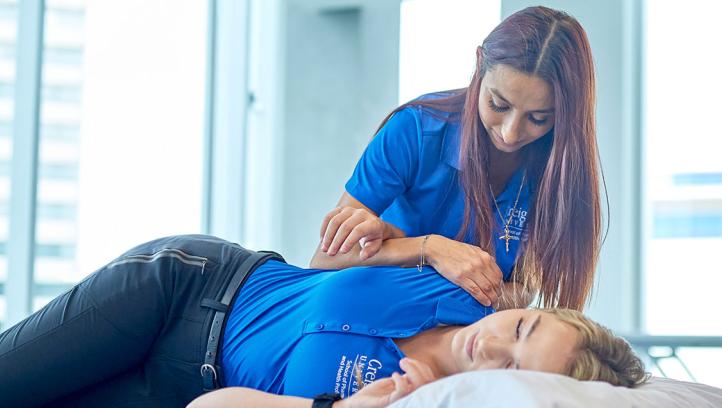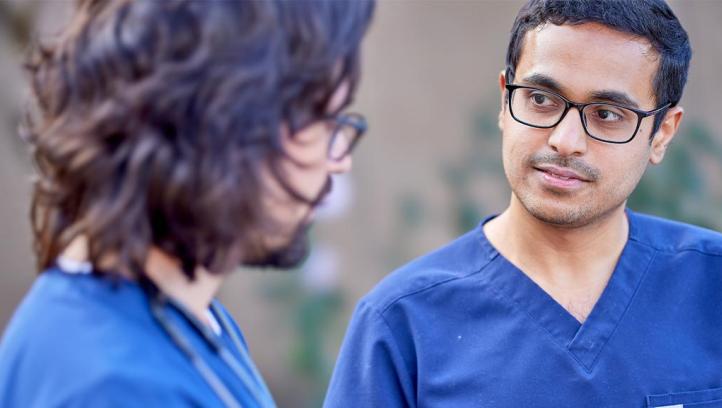
I Am the Student

A Reflection; The "Teacher" Becoming The "Student"
Written by Leah Georges, PhD
I set out to write an article about a student navigating this pandemic as a leader in his community. What I learned is that I am the student.
I had the privilege of interviewing Brian Schaeffer, Chief of the Spokane Fire Department, for an article about how his experience and education have impacted his leadership of this pandemic. Brian is my student in the EdD in Interdisciplinary Leadership Program. Brian is also my teacher.
Brian and I have worked together through coursework and on his dissertation for several years. I bring the scholarly know how and Brian brings the practitioner expertise. He’s working on a really neat dissertation about frequent users of his local EMS system and the scholar practitioner approach our students use to create a research project lends itself well to Brian who navigates through complex real-world problems on a daily basis.
Brian has kept me abreast of the pandemic related goings on in Spokane (for the article and as he makes progress on his dissertation) and in doing, we began to think about how this experience might impact his future research efforts. However, the conversation shifted when a person who works directly with my husband Jesse, a local Omaha firefighter, tested positive for COVID-19. The thin confidence I had that we were relatively isolated from the pandemic was temporarily shattered. Jesse was nervous and so was I.
Brian knows Jesse is a first responder—he checks in on him sometimes in brief notes to me embedded at the end of emails about dissertation questions or editing queries. “How’s Jess?” When Brian learned that Jesse may have been exposed (and the trickle down consequences for his fire station and for our family), he began checking in more frequently, sending notes of hope (based in good data from his own department because I am, after all, rational to a fault), and providing tangible ideas to keep Jesse—and our family safe. He had no time to do this (he was running his own emergency operations center and hasn’t taken a day off in well over two months), and yet he did, and continues to do so.
Brian became the teacher. The flow of knowledge temporarily shifted and for the time being, I am an eager vessel ready to learn from the content area expert. My statistical knowledge, editorial skill, and methodological expertise mean nothing for now and so instead, I humbly listen.
When this dust settles, our faculty/student relationship will shift again—likely back to conversations about data collection, formatting guidelines, and graduation timelines. But it will never go back to the way it was before. What will remain, however, is that we will both continue to teach. And I will have a different and deep appreciation for my teacher. And thank heavens because as each of my students has graciously shown me, I have an awful lot to learn.
That’s what happens in graduate, scholar practitioner programs like ours. We learn from our students—the people who know better than we do about their day to day expertise. And when it’s appropriate we help them begin to articulate and inform that experience through the language of social science research. And along the way—when we do this right—we, the faculty, are changed. We too, are the students.

This reflection was the contribution of Leah Georges, PhD. Dr. Georges is an assistant professor in Creighton University’s Interdisciplinary Leadership doctoral program. Read Dr. Georges’ article, “I Need to Build the Teams, But Then Get Out of Their Way”, an interview with Spokane, Washington Fire Chief and EdD Student Brian Schaeffer.












